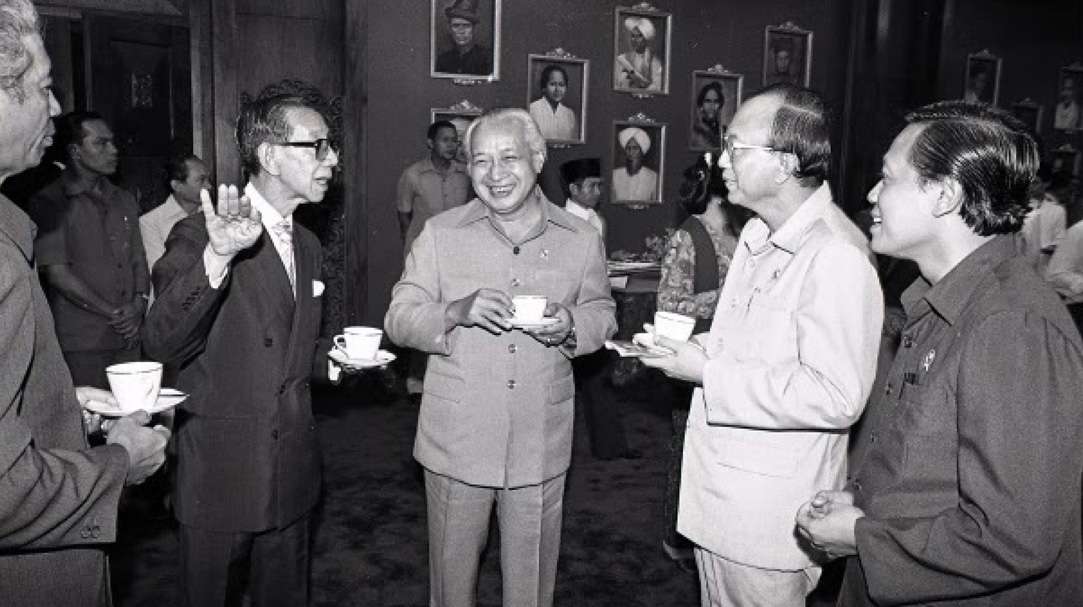History of the Open University
Universitas Terbuka (UT) is the 45th State University in Indonesia which was inaugurated on September 4, 1984. Aiming to overcome the explosion of high school graduates who could not be absorbed either in the workforce or in higher education, the President at that time issued Presidential Decree of the Republic of Indonesia Number 41 of 1984 as the basis for the establishment of UT. The establishment of UT was intended to answer two major issues in the world of education at that time, namely the low quality of teachers and the limited capacity of higher education. In line with the spirit of the open and distance education movement that began to echo in the world arena through the establishment of The Open University in England, Universitas Terbuka carries the spirit of equal access to higher education on the national stage.
The name "Universitas Terbuka", inspired by the nomenclature of The Open University in England, reflects the spirit carried in organizing its education system, namely Open and Distance Education. Open represents the spirit of “enlightening the nation’s life” as stated in the opening of the 1945 Constitution. This spirit is the philosophical basis that education is a right for every citizen that is not limited by age and study period—nowadays it is often known as the spirit of “lifelong learning”. This open spirit is also accompanied by the concept of distance education that makes it easy for anyone to gain access to education without being limited by time and place.
In the first year of its establishment, Universitas Terbuka opened four Bachelor’s (S1) study programs, which include State Administration, Business Administration, Economics and Development Studies, and Statistics. Another type of study program, namely the education program, is a takeover of the Teacher Education Project through Distance Learning with a new curriculum and teaching materials; as well as the Act V program which was taken over from an existing project. Currently, Universitas Terbuka offers 43 study programs consisting of 32 undergraduate programs, 2 diploma programs, 7 master’s programs, and 2 doctoral programs. All of these study programs are under the auspices of four faculties, namely the Faculty of Teacher Training and Education (FKIP), the Faculty of Law, Social Sciences, and Political Sciences (FHISIP), the Faculty of Economics and Business (FEB), and the Faculty of Science and Technology (FST).

